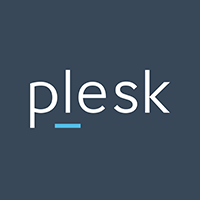Maybe it's the very low demand and plenty of alternative image formats that are available. Please vote for the feature here to boost it:
Can you please prepare GD library with AVIF support. It is supported from PHP version 8.1 https://php.watch/versions/8.1/gd-avif
plesk.uservoice.com
You mean 12 other image formats that are supported are not yet enough so that the world urgently needs a new one?
If IgorG previously did it and commented that it took him quite a while , it for sure takes a lot more to put it into a production ready PHP than to set a flag somehwere. We must also take into account that many users are not on the newest operating systems. And according to the AVIF docs: "It depends on libavif package, which may not be available in default repositories of older operating system versions." So it needs to be done for all operating systems supported and tested. For many that are still used by large user groups such as CentOS 7 libbavif does not seem to be available. This will need to be checked in detail, though.
No, unfortunately not.



